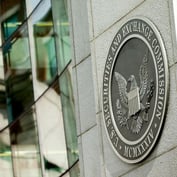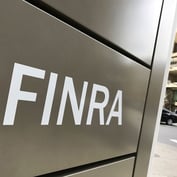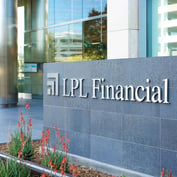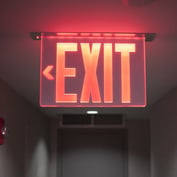What You Need to Know
- Syed Arham Arbab and five others received over $1.5 million in instant deposit credit they used to make unfunded online trades, the SEC says.
- The freeriding scheme, according to the SEC, took place before Arbab began a five-year prison sentence for running a Ponzi scheme.
- The unfunded trades caused BDs to lose at least $146,660.
The Securities and Exchange Commission on Monday charged six individuals, including a felon who is now in prison for another crime, with conducting a “freeriding scheme” that the SEC said defrauded several broker-dealers.
The SEC’s complaint, filed in U.S. District Court for the Northern District of Georgia in Atlanta, alleged that, from May 2019 to early January 2021, Syed Arham Arbab, 25, and five others made over $2 million in bogus deposits from empty or underfunded bank accounts into various brokerage accounts to deceive BDs into providing instant deposit credit for online securities trading.
Arbab allegedly conducted the scheme just before starting a five-year prison sentence for another securities-related scheme.
The SEC previously charged Arbab in 2019 with running a Ponzi scheme from his fraternity house near the University of Georgia campus — for which he started serving a five-year sentence in January 2021, after pleading guilty in a parallel criminal case by the U.S. Attorney’s Office for the Middle District of Georgia.
The BDs were not identified in the complaint, and the SEC didn’t immediately respond to a request for comment.
The complaint alleges that Arbab and his fellow participants, which included his high school and college friends and a relative, received over $1.5 million in instant deposit credit they used to make unfunded online trades, which caused affected BDs to lose at least $146,660.








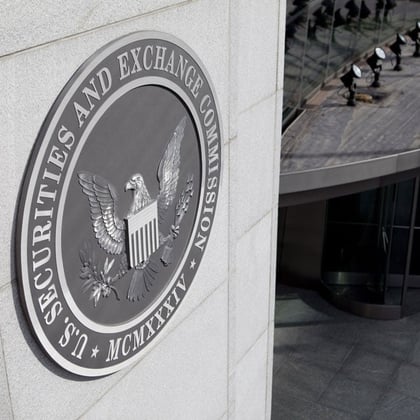
 October 31, 2022 at 03:51 PM
October 31, 2022 at 03:51 PM



